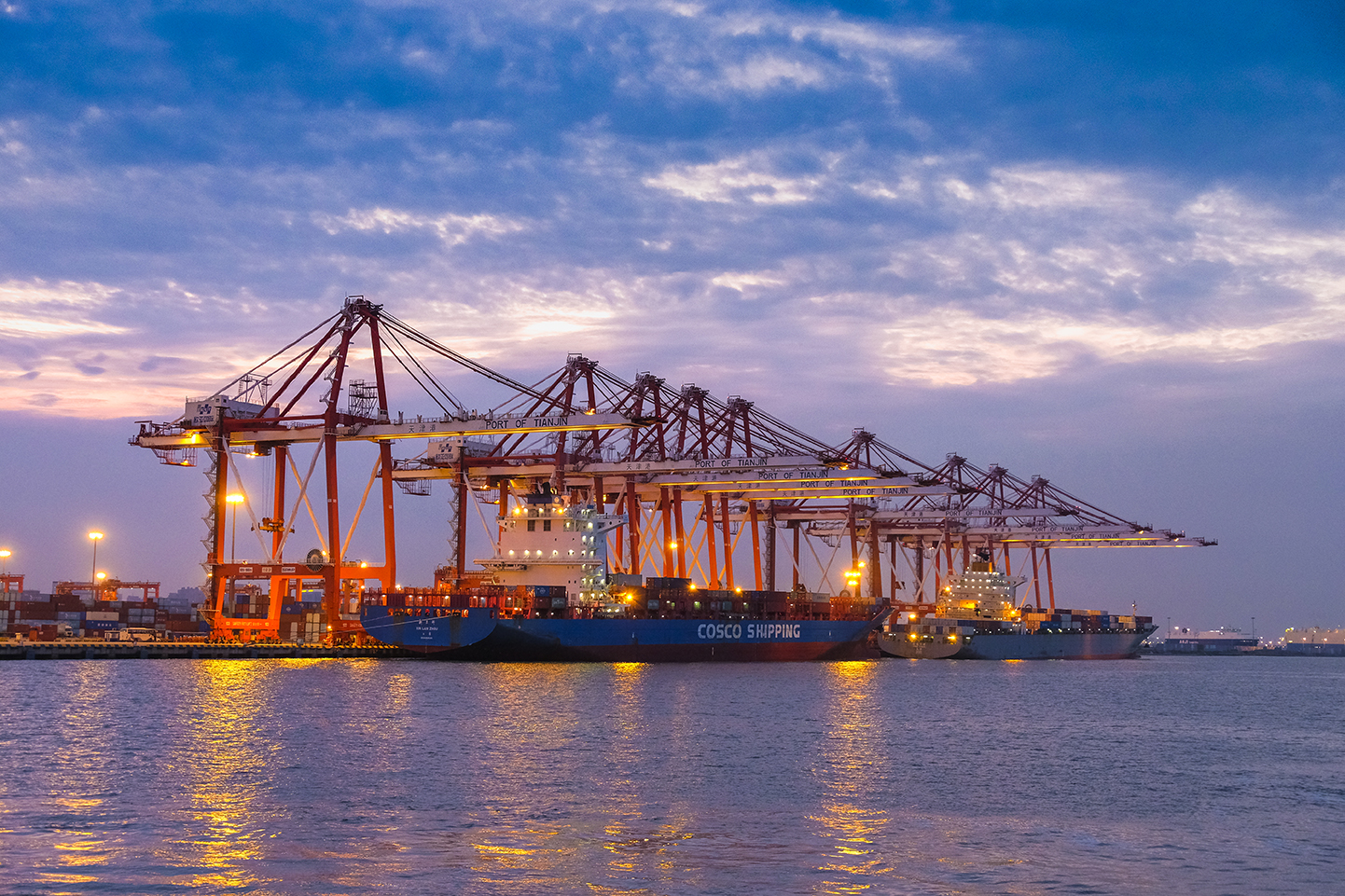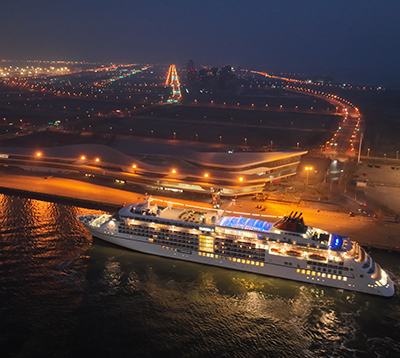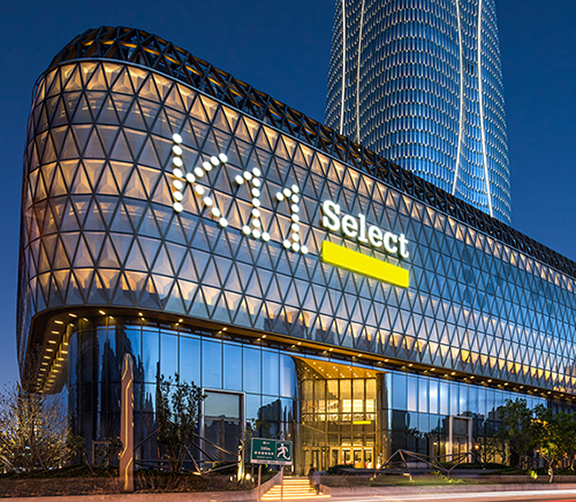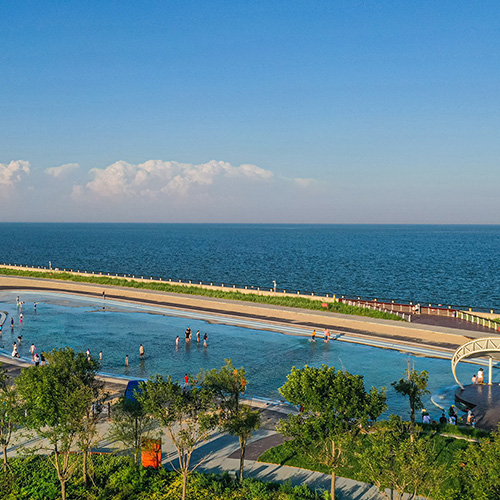Tianjin Port

Tianjin Port is a major seaport in China, an important hub in the national transportation system, an important foreign trade port in the north of China, and a key node in the modern transport network in Beijing-Tianjin-Hebei area, as well as a link between Northeast Asia and the Middle and Central Asia.
Tianjin Port is a top-level, artificial, deepwater port in the world, as well as the largest comprehensive port in North China. It consists of Beijiang Port Area, Nanjiang Port Area, Dongjiang Port Area, the southern region of Port Economic Area, and the eastern region of Dagang Port Area, with a land area of 132 square kilometers.
The port has extensive contacts with the world, establishing trade relations with more than 500 ports of over 180 countries and regions. Every month, there are more than 550 sailings to different ports around the world. In 2016, its cargo throughput exceeded 551 million tons; its container throughput exceeded 14.52 million TEUs, up 2.9 percent over the previous year.
With a full range of services, and strong regional radiation ability, Tianjin Port is the only Chinese port that has three passages in the Eurasian Continental Bridge. It has built the largest "one-stop" shipping service center, the electronic port, and the biggest international container transshipment base in North China. Tianjin Port also has a strong economic connection with inland areas, covering five million square kilometers, accounting for 52 percent of the total area of China. Its five regional marketing centers and 25 dry ports in the hinterland further improve the logistics network system that covers the inland areas.
- Links
- Exploring Tianjin
- Tianjin Gov





















